By Fuxiang Zhang, Alan Sugar, Graham D. Barrett
A state-of-the-art resource on successful management of intraocular lens monovision
Pseudophakic Monovision: A Clinical Guide by renowned ophthalmologic surgery experts Fuxiang Zhang, Alan Sugar, and Graham Barrett reflects decades of robust academic research, with comprehensive discussion of the pseudophakic lens. Pseudophakic monovision is frequently used as a strategy for presbyopia correction in cataract surgery patients, with high satisfaction rates. The authors address the advantages and drawbacks to this approach, with topics ranging from the optics and neurophysiology of monovision to preoperative vision testing and counseling. The book fills a gap in the literature on this essential yet relatively neglected topic.
In the current era of an ever-expanding array of intraocular lenses inserted in cataract surgery, monovision correction is emerging as an efficacious, far less expensive method for managing presbyopia than multifocal lenses. One eye is corrected for optimal distance vision and the other for optimal near vision, thereby avoiding both the expense of multifocal lenses and inconvenience of wearing glasses and/or contact lenses. Emerging adjustable IOLs address eye dominance issues, enabling patients to attain excellent distance acuity in one eye, then select the amount of myopia that works best in the second eye.
Key Features
- Guidelines on basic calculations, optics, and techniques
- Various practical considerations, such as patient selection, incorporating IOL monovision into practice, essential preoperative tests, nighttime driving, and limitations
- Optics, neurophysiology, and graphic illustrations enhance understanding of the basics of IOL monovision including mini, moderate, and full monovision, as well as the concept of the not-sharply focused-zone
- Ocular as well as systemic contraindications, and how to use extra tests to detect subtle contraindications such as monofixation at the preoperative office visit
- How to use conventional as well as crossed monovision to enhance premium IOL outcomes such as accommodating and Extended Depth of Focus (EDOF) IOLs
- Ocular comorbidity case reports provide knowledge about how specific co-occurring eye diseases impact patient outcome
This invaluable resource will help refractive cataract surgeons incorporate Toric, accommodating, and EDOF IOL technology into ophthalmology practice and achieve excellent patient outcomes.
Product Details
- Publisher : Thieme; 1st edition (October 9, 2018)
- Language : English
- Hardcover : 102 pages
- ISBN-10 : 1626238936
- ISBN-13 : 978-1626238930

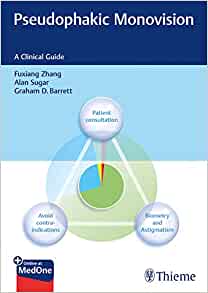
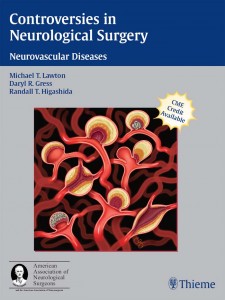
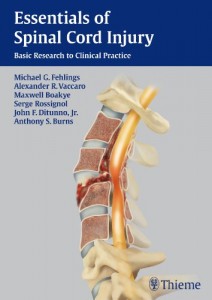

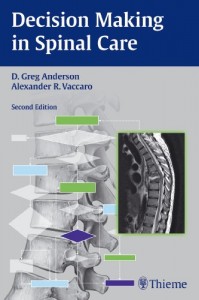
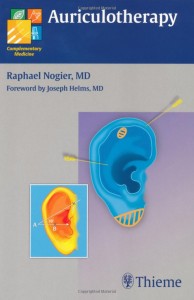
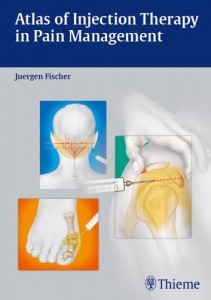

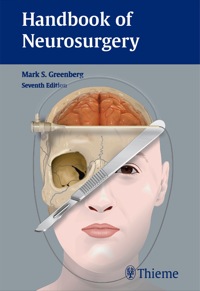
Reviews
There are no reviews yet.